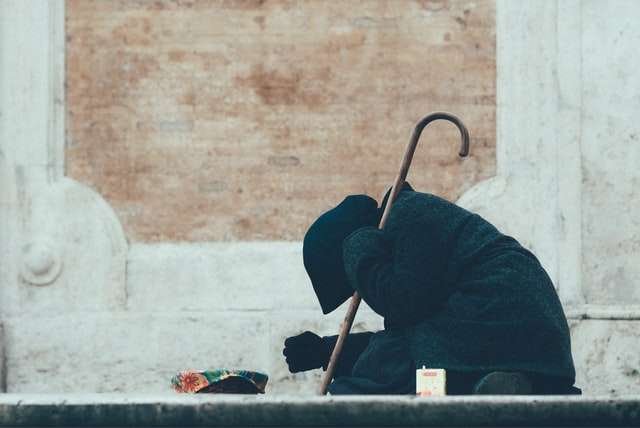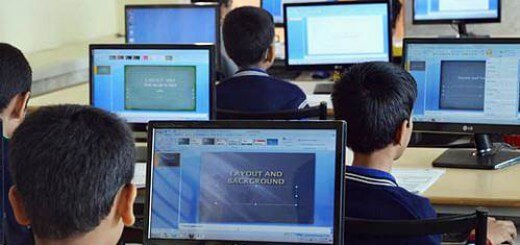Pakistan’s Rural Crisis: A Nation’s Unmet Promises
Pakistan’s Rural Crisis: A Nation’s Unmet Promises
Pakistan, home to more than 241 million people, remains one of the world’s most populous countries. Despite rapid urbanization, the majority of its population-about 62% as of 2023-still lives in rural areas. This equates to nearly 150 million people residing outside the country’s cities, a figure that has steadily increased in recent years.
For rural Pakistanis, daily life is marked by deprivation. Access to basic necessities-clean water, reliable healthcare, quality education, and secure housing-remains limited. These communities are often overlooked in national development plans, leaving millions without the fundamental rights and services that urban residents take for granted.
Education in rural Pakistan is in crisis. Many villages lack functioning schools, and where schools exist, they often suffer from chronic teacher shortages and inadequate infrastructure. Girls, in particular, face systemic barriers: cultural norms and economic pressures keep many out of classrooms, relegating them to early marriages and domestic roles instead of allowing them to pursue careers as teachers, doctors, or lawyers.
Healthcare in rural Pakistan is underfunded and understaffed. Hospitals and clinics are few and far between, and those that exist often lack essential medicines and trained personnel. Mothers and children are especially vulnerable, with preventable diseases and complications claiming countless lives each year. The absence of effective law enforcement and legal protections leaves rural women and children exposed to violence, harassment, and exploitation.
Children and young girls are frequently forced to work in fields under harsh conditions, denied the right to education and a safe childhood. In many areas, powerful landowners exercise near-total control, subjecting laborers to exploitation and, in the worst cases, violence. Reports of abuse, including harassment and murder, are disturbingly common, with justice rarely served.
Rural communities in Pakistan are also on the front lines of climate change. Floods, droughts, and extreme weather events regularly destroy crops and homes, pushing families deeper into poverty. Soaring inflation further erodes their purchasing power, making even basic foodstuffs unaffordable for many.
The situation in rural Pakistan is not inevitable. With targeted investment in education, healthcare, and infrastructure, and with the enforcement of laws protecting human rights, the government can transform the lives of millions. International organizations, including the United Nations, have a role to play in supporting these efforts, but lasting change must come from within.
Pakistan’s rural majority has waited too long for justice and opportunity. Ensuring access to education, healthcare, and basic rights is not just a moral imperative-it is essential for the nation’s progress and stability. The government must act decisively to bridge the rural-urban divide and fulfill the promises of equality and dignity for all its citizens.














